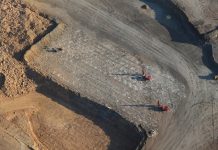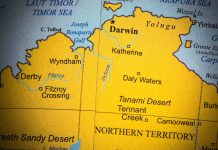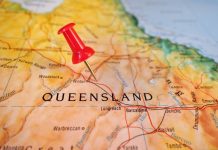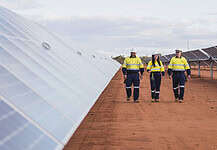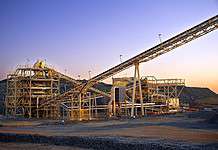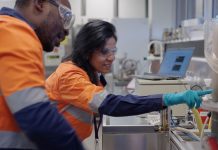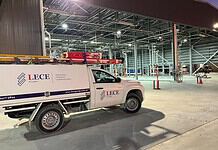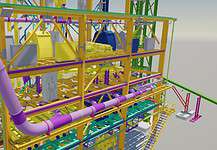WA releases refreshed battery and critical minerals strategy

The WA Government has released a refreshed battery and critical minerals strategy to help guide future investment and create new jobs.
Since the last refresh in 2020, WA’s value-adding and critical minerals industries have grown substantially. There have also been changes in the international investment environment, including significant global policy shifts in the critical minerals and renewables industries.
The refreshed strategy outlines the State Government’s vision to grow WA’s internationally competitive, ethical and value-adding industry into 2030.
It also aims to further develop the State’s industries to contribute to global decarbonisation efforts, diversify the State’s economy and deliver meaningful outcomes for regional and Aboriginal communities.
Near-term priority actions include creating a more efficient approvals system, planning and investing in common user infrastructure, and targeted support for strategically important projects.
Production of critical minerals has grown and sales for copper, cobalt, nickel and lithium have increased since the battery and critical minerals strategy was launched in 2019.
The refresh is supported by the $500m strategic industries fund which will be used to prepare land for future industrial projects, ensuring WA is well positioned for sustainable growth and development.
WA Premier Roger Cook commented on the refresh.
“Critical minerals are the centrepiece of WA’s economic diversification story and we are working to position our State as a major global leader in downstream processing,” he said.
“Right now, our priorities are a more efficient approvals system, planning and investment in common-user infrastructure and targeted support for strategically important projects.”
The WA Government also invested $36.4m to speed up approvals for job-creating projects by boosting resourcing of WA’s approvals framework.

